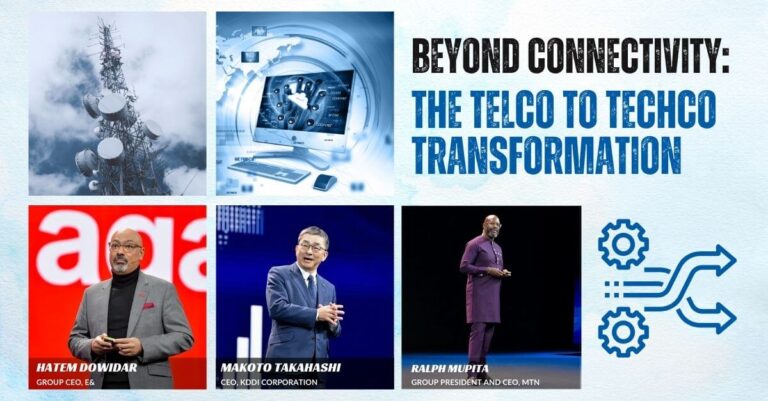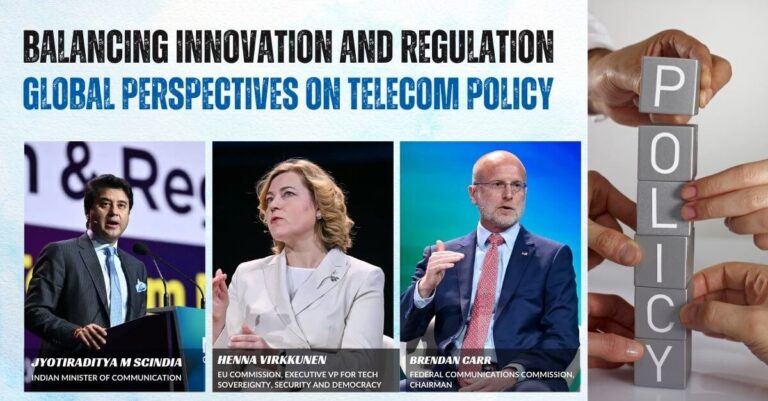A House of Lords committee has criticized the UK government for its failure to tackle the deepening digital divide in the country. Despite the grand ambitions of the UK to become a technology superpower, the government appears to be leaving behind millions of citizens who lack the means, money, or skills to access online resources, according to a report by the Lords Communications and digital committee.
Key statistics highlighted in the report paint a dire picture. Currently, 1.7 million UK households lack broadband or mobile internet access. Furthermore, due to the cost of living crisis, up to 1 million people have severed their broadband access, and 2.4 million individuals can’t perform simple tasks required to go online, like opening a browser or connecting to a Wi-Fi network.
The report further elaborates that this digital divide is threatening UK productivity, economic growth, and socio-economic inclusion. The rapid shift to online platforms is creating a chasm between those who can access services like healthcare, housing, banking, and benefits and those who cannot.
Certain groups are particularly at risk of digital exclusion. These include the elderly, with over half of adults lacking basic digital skills aged over 75, children from low-income families, and individuals with physical or mental disabilities. The divide is also geographical, with London boasting the lowest proportion of non-internet users at 7%, compared to 14% in Northern Ireland and 12% in north-east England.
The report has also drawn attention to the digital skills deficit among UK workers. Research estimates suggest that by 2030, five million workers will be “acutely underskilled” in using basic digital tools such as Microsoft Teams. These figures, among others, indicate that the government’s current efforts to mitigate the digital divide are insufficient.
The committee’s Chair, Tina Stowell, emphasized that the government’s lofty technological ambitions cannot be realized when millions of UK citizens are under-skilled or completely excluded from the digital world.
Back in 2014, the government published a digital inclusion strategy with the objective that by 2020, “everyone who can be digitally capable will be.” However, the Lords report reveals that government groups focused on digital inclusion have been disbanded, leading to skepticism about the government’s interest in driving change.
In light of these findings, the Lord’s committee is calling for a new digital inclusion strategy that is overseen by cross-government. The proposed strategy includes five key policies: reducing VAT on social tariffs offered by internet providers, teaching people basic digital skills in schools, businesses, and community organizations, creating “digital inclusion hubs” in libraries, encouraging the development of alternative broadband networks, and ensuring AI-driven decision-making in public services doesn’t marginalize digitally excluded groups.
In response to the report, a government spokesperson stated their commitment to ensuring that no one is left behind in the digital age, pointing to measures such as social broadband and mobile tariffs and the £5bn Project Gigabit.
The release of the report coincides with UK Prime Minister Rishi Sunak’s ambition for the UK to become a center for AI governance. However, the Lords committee contends that without a “credible plan to tackle digital inclusion,” the potential of the country’s digital future is compromised.


























